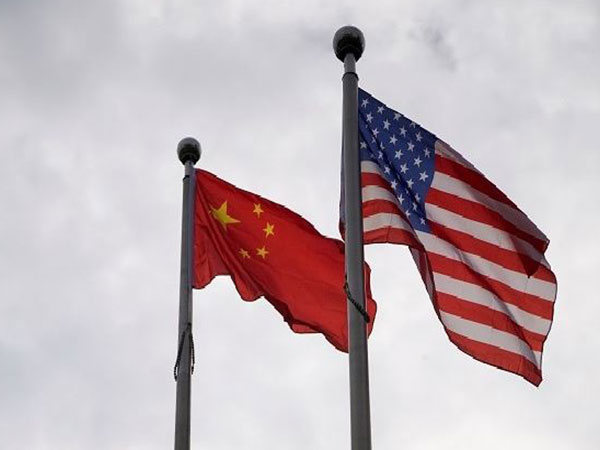US Legislators Introduce COINS Act to Halt Investments Supporting CCP Agendas
The COINS Act, introduced by U.S. lawmakers, aims to limit American investments in Chinese sectors linked to military growth and human rights abuses, safeguarding U.S. savings and national security. The legislation emphasizes transparency and stricter guidelines to curb financial flows to companies blacklisted for aiding China's government's controversial activities.

- Country:
- United States
In a bold legislative move, Chairperson John Moolenaar (R-MI) of the House Select Committee on the Chinese Communist Party, with Rep Andy Barr (R-KY), has tabled new legislation aimed at curbing U.S. investments in sectors critical to China's military enhancement, technological progress, and human rights infringements. Dubbed the Comprehensive Outbound Investment National Security (COINS) Act, the bill seeks to protect American financial assets while severing funds to Chinese industries crucial to national security.
The act outlines strict investment protocols ensuring that American retirement and savings funds are not directed to Chinese firms implicated in military threats or human rights concerns. A corresponding bill has been introduced in the Senate by Senators John Cornyn (R-TX) and Tim Scott (R-SC), with Cornyn advocating for limiting U.S. investments in China since 2016. Chairman Moolenaar asserted the bill's importance, emphasizing that American citizens expect their savings to be invested prudently, not in Chinese enterprises that bolster military threats to the U.S.
Rep. Barr highlighted the necessity for a strategic approach against China's rising ambitions, stating, "This legislation provides a robust framework for protecting American innovation, enhancing national security, and ensuring transparency in critical economic and technological arenas. Congress is emphatically stating that the U.S. will not remain passive in the wake of China's threats." The COINS Act follows thorough research by the Select Committee into U.S. financial entities' participation in investments benefiting China's military and human rights abuse infrastructure.
A notable investigation revealed that American venture capital firms had allocated over USD 1.9 billion to Chinese AI companies involved in military modernization and human rights violations, with an additional USD 1.2 billion supporting China's semiconductor industry. Another probe discovered that over USD 6.5 billion had been passively invested by U.S. asset managers in 63 Chinese companies blacklisted for their role in aiding China's government.
The passage of the COINS Act signals a decisive step in halting American capital from bolstering sectors that compromise U.S. national security, conveying a firm stance to China regarding U.S. investments underpinning the CCP's military and humanitarian misconduct. (ANI)
(With inputs from agencies.)










